Agrobusiness Offers Serbia Great Future Potential in Region
Local Investor's Perspective Commentary: Zoran Mitrović, General Manager, Victoria Group
Tuesday, 06.08.2013.
17:57

Local Investor's Perspective Commentary: Zoran Mitrovic, General Manager, Victoria Group The combination of Serbia's natural agricultural wealth and the promise of improvements following European Union accession should boost the sector's considerable contribution to the national economy. Agrobusiness Offers Serbia Great Future Potential in Region Victoria Group is today one of the leading companies in agro-industry and one of the biggest producers, exporters, investors and employers in Serbia and the region. Dedicated to agribusiness, they try to connect, in a strategic and sustainable manner, everything they do with their core business. Therefore, the business interest of the company is to keep its leading position as a processor of oilseed and producer of food and feed, primarily on the home market but also in the region, where the company has been present for quite a long time. What is the focus of your business interest? Is it Serbia? To what extent will Serbia's accession to the European Union have an effect on your business interests? Our primary focus is our core business – buying and processing oilseed and grains, production of mineral fertilizers, manufacture of final products for human consumption and of feed, veterinary chemo-pharmaceutical and biological preparations. In the forthcoming period, Victoria Group will continue to invest in higher-level products. In this way we will round off our offer of high-protein products for the food industry, additionally employ Serbian processing capacities and create an added export value for the entire economy. In regards to Serbia’s accession to the European Union and its effects on our business, I can say that our business has been present in the European Union for years. In fact, we export our products to over 40 markets all over the world, of which nearly 80 per cent is to the European Union. The foreign placement of our products prepared our company for higher quality standards a long time ago. We keep investing in this, both in our domestic market and abroad. Are business conditions in Serbia stimulating enough for business development? A successful business does not need special conditions, assuming that there are no obstacles to business. However, administrative procedures that slow down business activity hinder business. Removal of non-customs barriers to the international trade in agricultural products facilitates trade growth, and faster development of agriculture. Harmonization of the legal framework with the EU and regional laws will create much-needed predictability for investors, which is necessary for attracting investment and business development. Business conditions in Serbia will improve the closer it gets to the European Union, which is one of the positive effects of this process. Agriculture is often cited as Serbia’s biggest economic potential. What is agriculture lacking to realize its full potential? Is the current government’s budget increase big enough to call it developmental? There is no doubt that this economic sector is the one where Serbia has a number of comparative advantages. The climate and land resources combined with traditions in farming, substantial processing capacities and good conditions for international trade make the agro sector a field with great potential. The state’s recognition of these advantages is certainly a positive factor, as well as bigger allocations from the national budget for the development of agriculture. However, increasing the agrarian budget alone is not enough for agriculture to develop. The distribution of funds and the way they are used by their beneficiaries are equally important. The missing links for the development of agribusiness are primarily the synergy of activities of public and private sectors, association, irrigation, application of modern techniques in agricultural production and a network of transport and logistics. What is the real potential of Serbian agriculture? The potential is great and there is plenty of room for their use, as agricultural products contribute US$2.5 billion of Serbia’s exports. The agrarian potential is one of Serbia’s comparative advantages today and could secure our country an important place in export. This is confirmed by the export results of companies that have been placing their products in foreign markets for a while now. Victoria Group, for instance, exports over 50 per cent of its total production. Last year we made a record €205 million in foreign markets. What companies should definitely strive for is to export semi-finished and finished goods and higher-level products. This approach not only ensures higher foreign exchange earnings but further improves domestic processing capacities. Serbia has many possibilities and numerous advantages in agriculture based on which we can really assume a strong position in foreign markets. The €2 billion a year is still below our country’s potential, but the road to increasing exports leads through improving competitiveness, both in price and in quality, building an infrastructure that can support agricultural export, working on removing non-customs barriers for our export on foreign markets, alignment of domestic food production, processing and placement standards with the international ones, association and integration of producers and processors both horizontally and vertically. Would Serbia’s EU membership change business conditions? What changes would it bring? One of the key preconditions for business is the economic stability that draws its strength from the political stability. Serbia’s accession to the European Union will result in shaping our agribusiness on the European model, bearing in mind that the EU Common Agrarian Policy is binding on all its members and, at the same time, a guideline for national agrarian policies of all future EU Member States going through the accession process. Also, we expect and are getting ready for the free trade zone that will open up with Serbia’s EU membership and the expiration of the liberalization period under the Stabilization and Association Agreement. Finally, we expect that the EU membership will give our country access to EU funds for agriculture. What is the economic year 2013 like for the Victoria Group? In agriculture, our area of business, 2013 will largely reflect the effects of the last year’s drought as all the raw material was bought last year, which was quite a bad year. The effects will be felt until the next harvest, which, we hope, will be much better this year. However, regardless of these factors, Victoria Group continues its business strategies and the investments it has initiated. In the period to come, we will focus on finalizing the construction of the new steam plant at Victoriaoil, on investing further in the Sojaprotein plant and on finalizing the construction of our plant for the production of veterinary vaccines as part of the Veterinarian Institute Subotica. How do you think the government has performed in the past year? The government has worked in difficult conditions of global economic crisis, which has left its mark on agriculture, and had to deal with the disastrous effects of last year’s drought. A step forward is certainly the adoption of a multi-annual frame for agricultural funding, adding to the stability of this economic sector. AmCham Perspective Magazine
Agrobusiness Offers Serbia Great Future Potential in Region
Victoria Group is today one of the leading companies in agro-industry and one of the biggest producers, exporters, investors and employers in Serbia and the region. Dedicated to agribusiness, they try to connect, in a strategic and sustainable manner, everything they do with their core business. Therefore, the business interest of the company is to keep its leading position as a processor of oilseed and producer of food and feed, primarily on the home market but also in the region, where the company has been present for quite a long time.What is the focus of your business interest? Is it Serbia? To what extent will Serbia's accession to the European Union have an effect on your business interests?
Our primary focus is our core business – buying and processing oilseed and grains, production of mineral fertilizers, manufacture of final products for human consumption and of feed, veterinary chemo-pharmaceutical and biological preparations.
In the forthcoming period, Victoria Group will continue to invest in higher-level products. In this way we will round off our offer of high-protein products for the food industry, additionally employ Serbian processing capacities and create an added export value for the entire economy.
In regards to Serbia’s accession to the European Union and its effects on our business, I can say that our business has been present in the European Union for years. In fact, we export our products to over 40 markets all over the world, of which nearly 80 per cent is to the European Union. The foreign placement of our products prepared our company for higher quality standards a long time ago. We keep investing in this, both in our domestic market and abroad.
Are business conditions in Serbia stimulating enough for business development?
A successful business does not need special conditions, assuming that there are no obstacles to business. However, administrative procedures that slow down business activity hinder business. Removal of non-customs barriers to the international trade in agricultural products facilitates trade growth, and faster development of agriculture. Harmonization of the legal framework with the EU and regional laws will create much-needed predictability for investors, which is necessary for attracting investment and business development. Business conditions in Serbia will improve the closer it gets to the European Union, which is one of the positive effects of this process.
Agriculture is often cited as Serbia’s biggest economic potential. What is agriculture lacking to realize its full potential? Is the current government’s budget increase big enough to call it developmental?
There is no doubt that this economic sector is the one where Serbia has a number of comparative advantages. The climate and land resources combined with traditions in farming, substantial processing capacities and good conditions for international trade make the agro sector a field with great potential. The state’s recognition of these advantages is certainly a positive factor, as well as bigger allocations from the national budget for the development of agriculture. However, increasing the agrarian budget alone is not enough for agriculture to develop. The distribution of funds and the way they are used by their beneficiaries are equally important. The missing links for the development of agribusiness are primarily the synergy of activities of public and private sectors, association, irrigation, application of modern techniques in agricultural production and a network of transport and logistics.
What is the real potential of Serbian agriculture?
The potential is great and there is plenty of room for their use, as agricultural products contribute US$2.5 billion of Serbia’s exports. The agrarian potential is one of Serbia’s comparative advantages today and could secure our country an important place in export. This is confirmed by the export results of companies that have been placing their products in foreign markets for a while now. Victoria Group, for instance, exports over 50 per cent of its total production. Last year we made a record €205 million in foreign markets. What companies should definitely strive for is to export semi-finished and finished goods and higher-level products. This approach not only ensures higher foreign exchange earnings but further improves domestic processing capacities. Serbia has many possibilities and numerous advantages in agriculture based on which we can really assume a strong position in foreign markets. The €2 billion a year is still below our country’s potential, but the road to increasing exports leads through improving competitiveness, both in price and in quality, building an infrastructure that can support agricultural export, working on removing non-customs barriers for our export on foreign markets, alignment of domestic food production, processing and placement standards with the international ones, association and integration of producers and processors both horizontally and vertically.
Would Serbia’s EU membership change business conditions? What changes would it bring?
One of the key preconditions for business is the economic stability that draws its strength from the political stability. Serbia’s accession to the European Union will result in shaping our agribusiness on the European model, bearing in mind that the EU Common Agrarian Policy is binding on all its members and, at the same time, a guideline for national agrarian policies of all future EU Member States going through the accession process. Also, we expect and are getting ready for the free trade zone that will open up with Serbia’s EU membership and the expiration of the liberalization period under the Stabilization and Association Agreement. Finally, we expect that the EU membership will give our country access to EU funds for agriculture.
What is the economic year 2013 like for the Victoria Group?
In agriculture, our area of business, 2013 will largely reflect the effects of the last year’s drought as all the raw material was bought last year, which was quite a bad year. The effects will be felt until the next harvest, which, we hope, will be much better this year. However, regardless of these factors, Victoria Group continues its business strategies and the investments it has initiated. In the period to come, we will focus on finalizing the construction of the new steam plant at Victoriaoil, on investing further in the Sojaprotein plant and on finalizing the construction of our plant for the production of veterinary vaccines as part of the Veterinarian Institute Subotica.



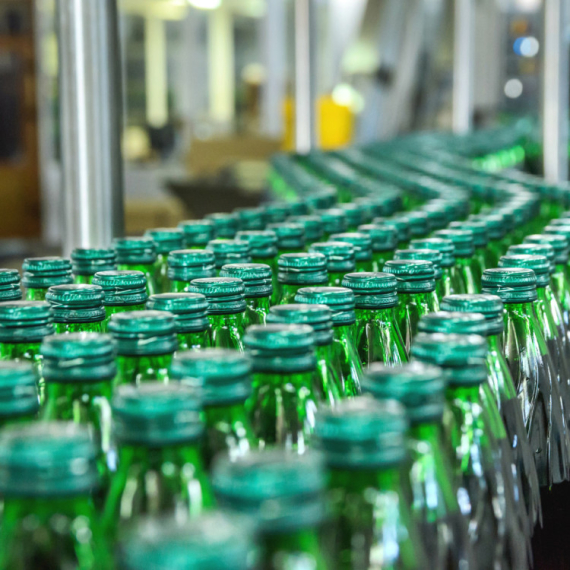






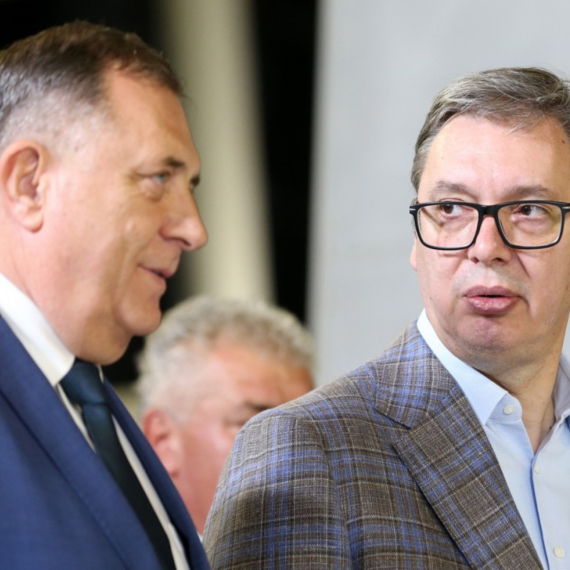



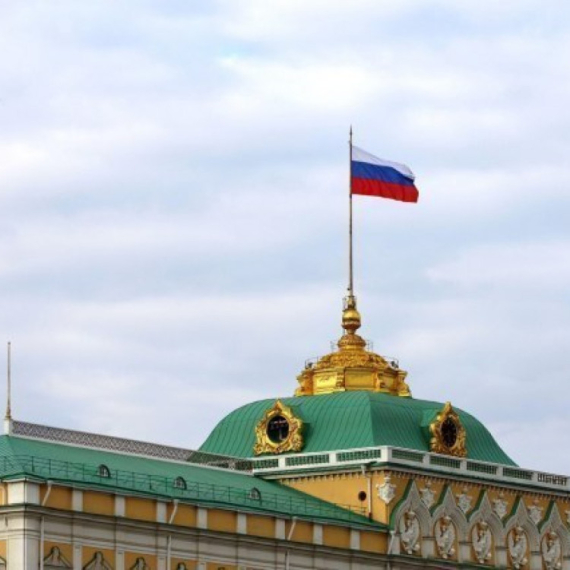
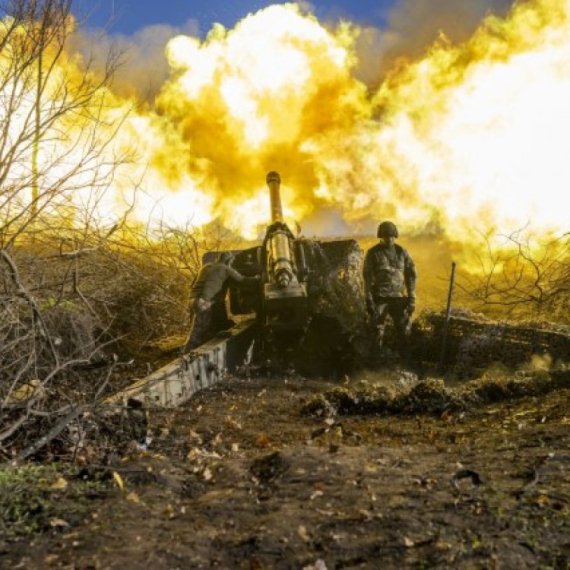



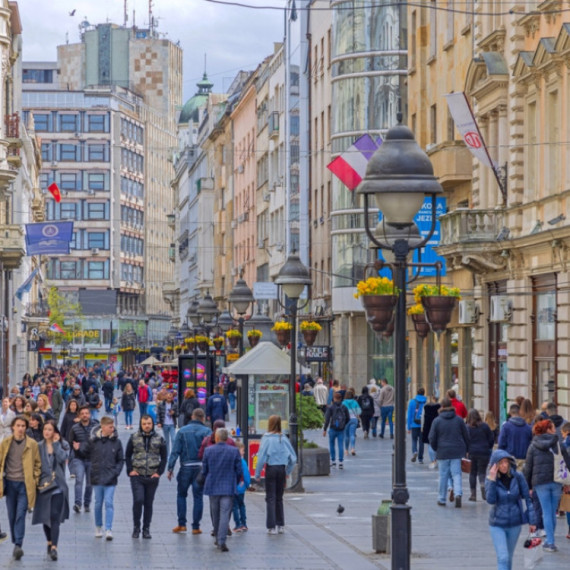



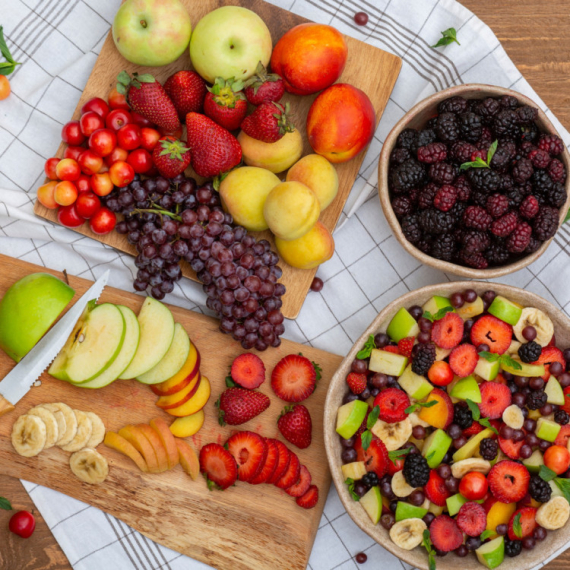


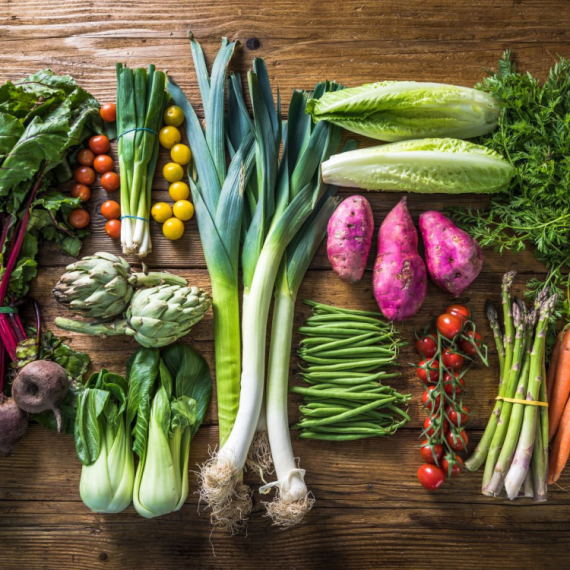






























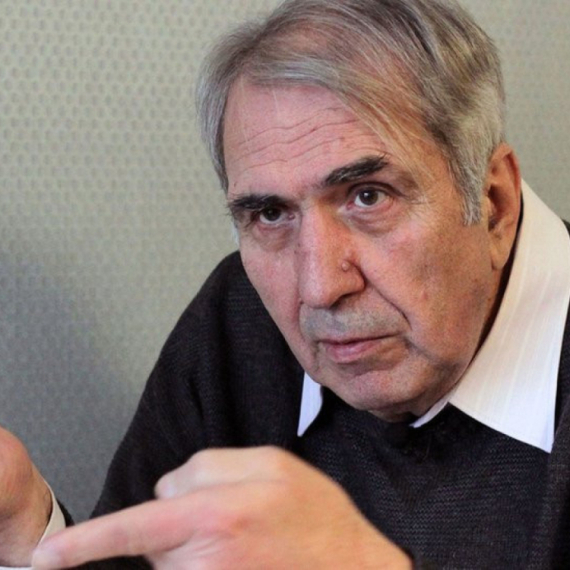

Komentari 3
Pogledaj komentare